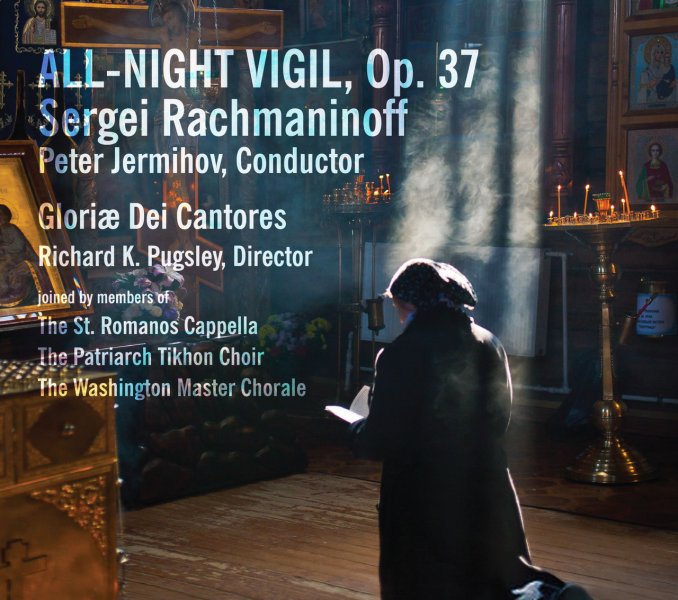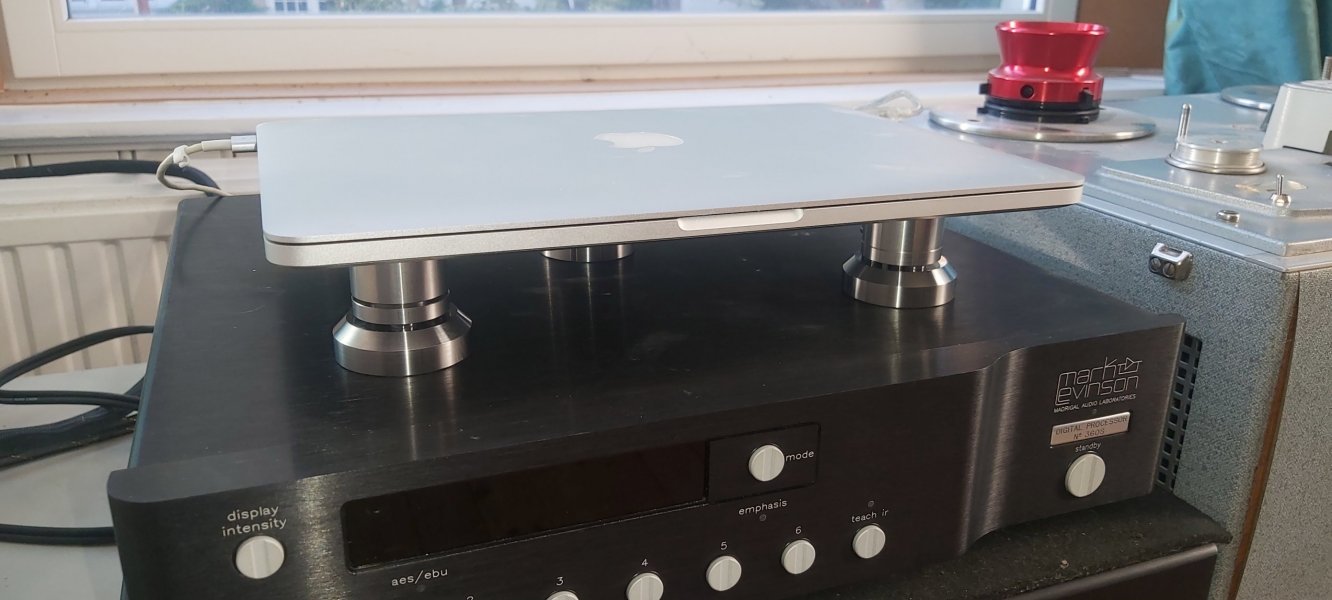Exactly. That’s why CD (and vinyl) are stable investments where there is a gigantic amount of recordings available (in the many millions), whereas there is, relatively speaking, an infinitesimal number of high resolution recordings available. Take the much ballyhooed SACD discs. 20 odd years after its launch, you have maybe a few thousand SACDs released, many probably out of print now. Most eminently forgettable. High resolution streaming? Again, I’d be surprised if the numbers are much larger. Take the vast recorded repertoire of world music across the seven continents. How much of world music from Africa, India, South America, Australia etc. is in high resolution? I’m guessing 0.00001%, and that’s an overestimate. If you are a true music lover, and not an audiophile, you shouldn’t care two hoots about high res. And rightly so.
Audiophiles love to croon over a small handful of high res recordings. As Art Dudley acerbically put it in one of his reviews, if he heard one more Krall album played at an audio show, his skin would begin to Krall! Speak to the man (or woman) in the street. They’re music lovers, happy with their MP3 streaming via Spotify. To them, CD is high res! And they don‘t want it or don’t really care. If you are primarily listening to music in the car, or while jogging or at the gym, as 99% of the planet does, do you care about high res? Of course you don’t.
For what’s it’s worth, as someone who owns over 1000 SACDs, and has listened to many thousand high res recordings on Roon/Qobuz on an absolutely state of the art hi fi, if there’s a real difference between CD rendered on a top class transport like the CEC TL0 and an SACD or 24-bit 192 kHZ streaming album, I have yet to hear it. Individual differences in recordings vastly vastly dwarf any perceived differences in format. A simple example: Telarc released the complete Mozart symphonies conducted by Sir Charles Mackerras, which were recorded in a castle in Prague using a very simple 2 or 3-channel microphone with tube electronics, mostly by the great Jack Renner and by the equally great Tony Faulkner. For my money, the sheer beauty of these 16-bit recordings sound vastly better than many of the ghastly multimiked studio recordings that get released on SACD.
There is absolutely ZERO correlation between bit depth and recording quality in my 35+ years experience. Many of the greatest recordings in my 10,000+ record collection are humble 16-bit recordings done well by great recording engineers (or vinyl albums, many in glorious mono). Some of the worst recordings are poorly recorded high res streaming albums that sound ridiculously compressed to my ears. My spouse, no audiophile, but has far better hearing, says streaming often sounds terribly compressed. As logic would indicate. The files to get to you from thousands of miles away. You think Netflix 4K streaming is of the same quality as a 4K Blu ray in your house on a top quality Oppo into a front projector? Ha!
But, leaving all that aside, I’m thrilled to have streaming available, allowing me to sample composers and music I haven’t heard. Just listening to a sublime chamber album by Ferdinand Ries, a pupil of Beethoven. Recorded in — you guessed right — humble 16-bit. Sounds great to my ears.
Do yourself a favor. Stop fretting over bit depth. Or recording frequency. Enjoy music in any format. Life’s too short. We live on this planet for a nanosecond compared to the eternity of time. Ok, back to enjoying Ries…sipping some lovely Petit Verdot wine from a winery in Sonoma.
View attachment 103642
Amen to this. 'There is absolutely ZERO correlation between bit depth and recording quality in my 35+ years experience.'
Likewise I'm delighted to have Qobuz available, it helps screen music before purchase on vinyl or CD, vastly reducing the risk of disappointment and yet another album destined to sit on the shelf, only to be brought to be compared with something else or after you've forgotten how dire it was. Also if I'm working on a piece on lute or harpsichord, it's nice to hear a few interpretations to compare with my own.
But I can't imagine streaming ever becoming my main source. Horrific thought!

















